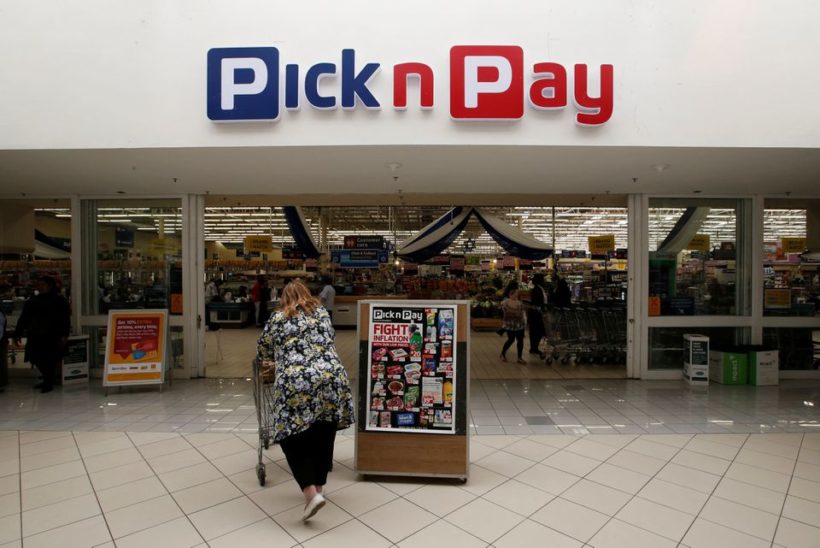
JOHANNESBURG, Oct 18 (Reuters) – South Africa’s Pick N Pay Stores Ltd PIKJ.J said on Tuesday inflation and power cuts in the second half of the year would add to the cost pressures the grocery retailer is already facing.
Pick N Pay, South Africa’s second biggest retailer, had emerged strongly from the coronavirus crisis and civil unrest last year, as pent-up customer demand was released.
It launched an investment plan earlier this year to better target its stores by customer incomes, modernise their look, and focus on clothing and online, with an investment outlay of 3.5 billion rand ($194 million) for the year ending February 2023.
But inflation and power cuts will take a toll, Chief Transformation Officer David North told Reuters in an interview.
“Inflation will continue to be a significant feature in the second half,” he said.
“We have other cost pressures, additional fuel costs to burn diesel (for generators) when there is load shedding (power cuts), insurance and security cost, which are a legacy of the July 2021 civil unrest.”
He declined to quantify the impact these would have on the company’s turnover and gross profit margin – a key metric to compare retailers.
With inflation expected to ease by the end of the year and, helped by its store revamps, North predicted substantial benefits to revenues and profits next financial year.
The company’s headline earnings per share, the main measure of corporate profit in South Africa, for the six months ended Aug. 31 increased by a quarter to 88.76 cents.
Half-year sales rose 11.5% to 51.3 billion rand ($2.86 billion) and it made a gross profit margin of 19.4%. It announced an interim dividend of 44.85 cents a share.
($1 = 17.9606 rand)
(Reporting by Promit Mukherjee; Editing by Sherry Jacob-Phillips and Mark Potter)

